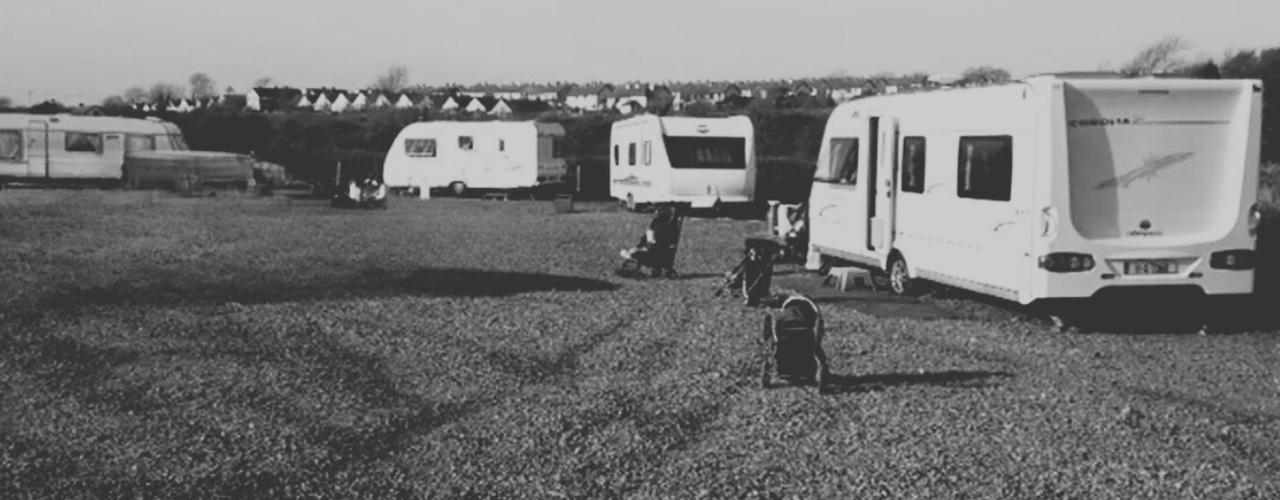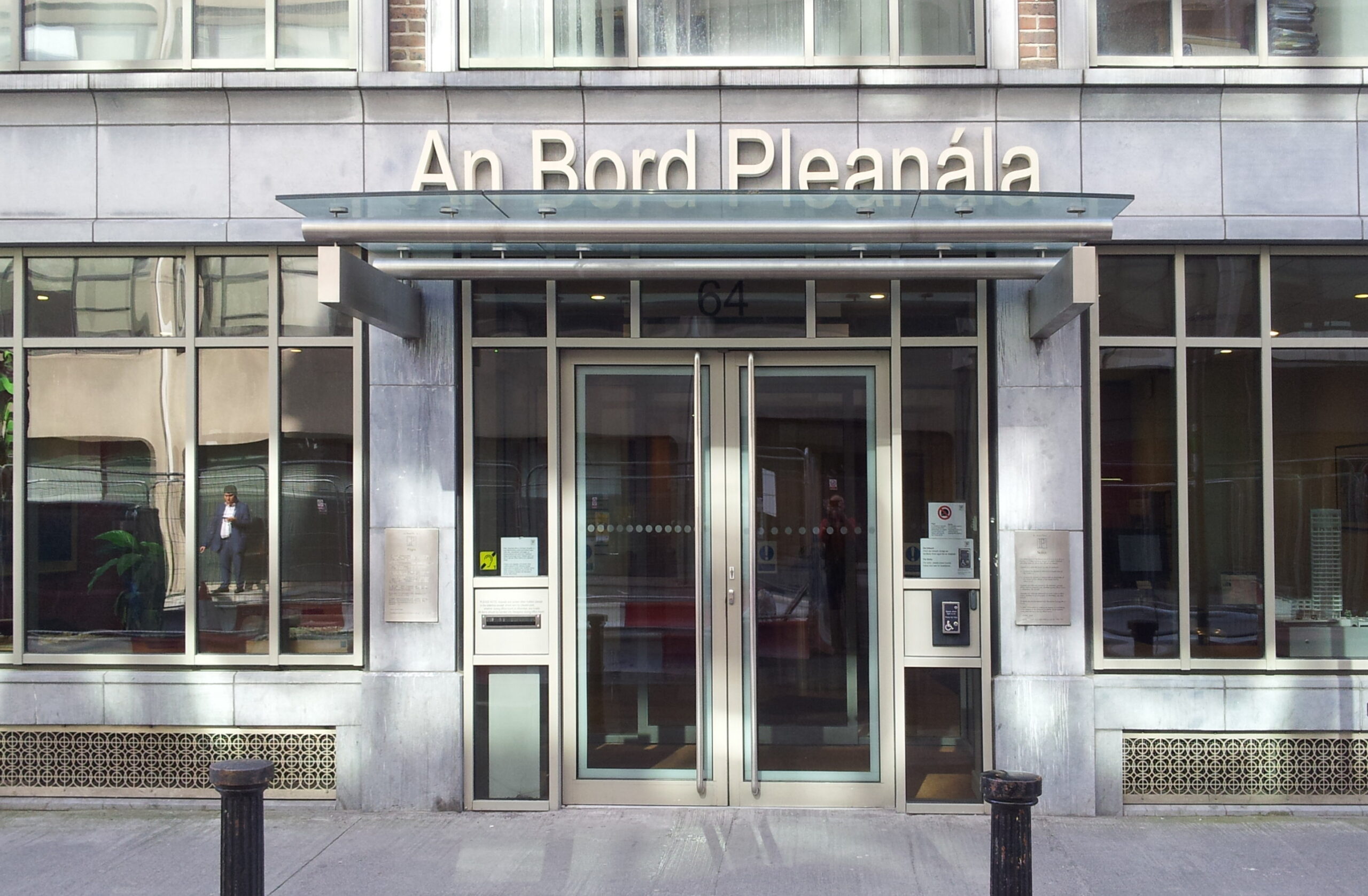
Budget 2024 and Traveller-Specific Accommodation
Irish Travellers are overrepresented in homelessness services and Traveller families can be left in emergency accommodation for years, which adds another level of trauma to the institutional abuse they have endured for decades. In a group whose suicide rates are several times that of the settled community, the impact of every factor which impacts upon mental health must be lessened, making the provision of secure, appropriate housing for Travellers a matter of urgency.










